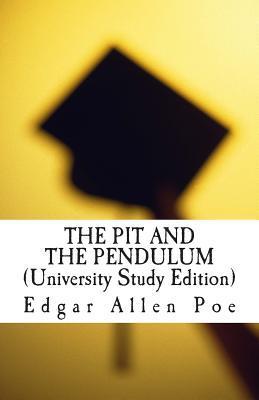What do you think?
Rate this book


44 pages, Paperback
First published January 1, 1842










"Here an unholy mob of torturers with an insatiable thirst for innocent blood, once fed their long frenzy. Now our homeland is safe, the funereal cave destroyed, and life and health appear where dreadful death once was."*Just for fun, here are some of the historical inaccuracies in this story: **spoilers ahoy!**


